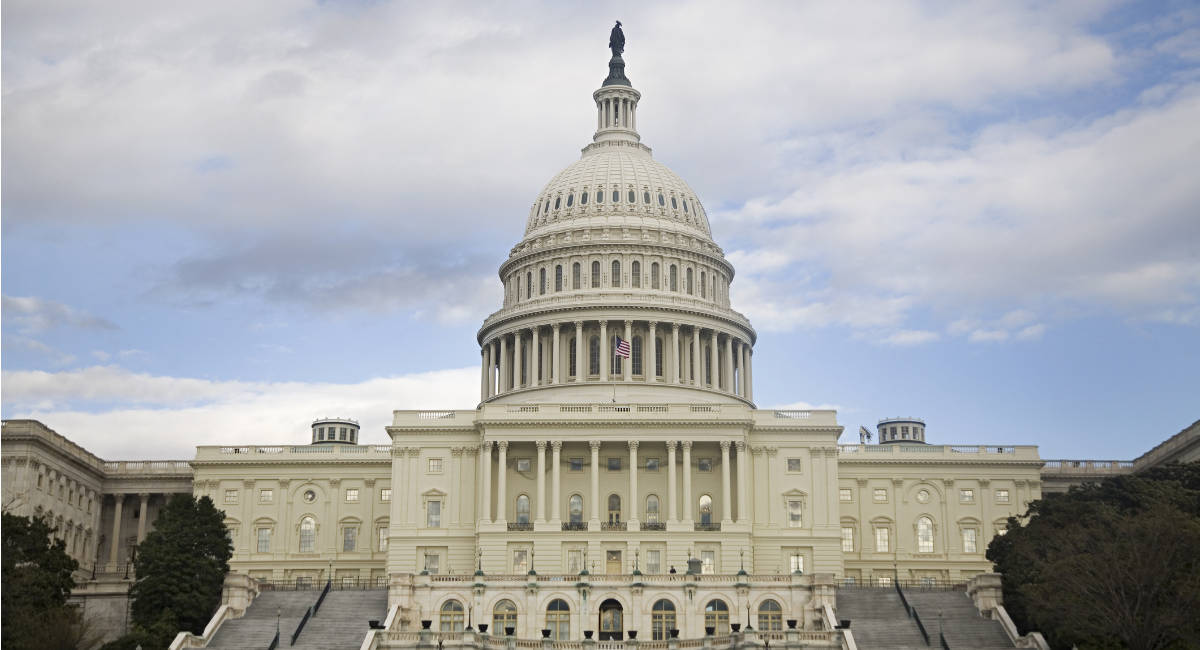On February 28, the Senate will vote on the Women’s Health Protection Act (WHPA), a bill which would prohibit many legal restrictions on abortion and remove safety requirements for abortion providers – writing abortion into U.S. law. If passed by the Senate, the bill will allow abortion – even if Roe v. Wade is overturned.
The bill was narrowly passed by the U.S. House of Representatives in September 2021, with a 218-211 vote. In the bill, Congress states that “abortion services are essential health care and access to those services is central to people’s ability to participate equally in the economic and social life of the United States” (section 2).
The bill grants abortion providers and patients a statutory right to abortion, superseding state restrictions. According to the bill, states may not make laws prohibiting abortions prior to fetal viability or after fetal viability when pregnancy poses a risk to a mother’s health. The bill also states that the government may not restrict abortion providers by requiring abortionists to perform specific tests and medical procedures, or by requiring abortionists to maintain special standards in facilities. The bill removes limits on abortionists by allowing abortion via mail. It also removes the requirement for women to have ultrasound and in-person appointments before their abortions (something known as a “no-test” abortion protocol) – measures in place for women’s health.
READ: The Women’s Health Protection Act treats women as inferior to men
Since the bill will require 60 votes from the Senate, it is unlikely to pass. Even some Democrats and pro-abortion Republicans do not think that the Bill should become law.
Senator Susan Collins (R-Maine), who supports Roe, believes the Women’s Health Protection Act is too extreme because it would force physicians to perform abortions against their conscientious objections. Collins referred to the Religious Freedom Restoration Act, which prohibits the government from substantially burdening a person’s exercise of religion.
“I support codifying Roe… the bill goes way beyond that. It would severely weaken the conscience exceptions that are in the current law,” Collins said.
While the Senate decides on whether to prohibit abortion restrictions with the Women’s Health Protection Act, the Supreme Court is set to rule in June on Mississippi’s 15-week abortion ban. Meanwhile, Texas continues to save lives with the Heartbeat Act.
“Like” Live Action News on Facebook for more pro-life news and commentary!







